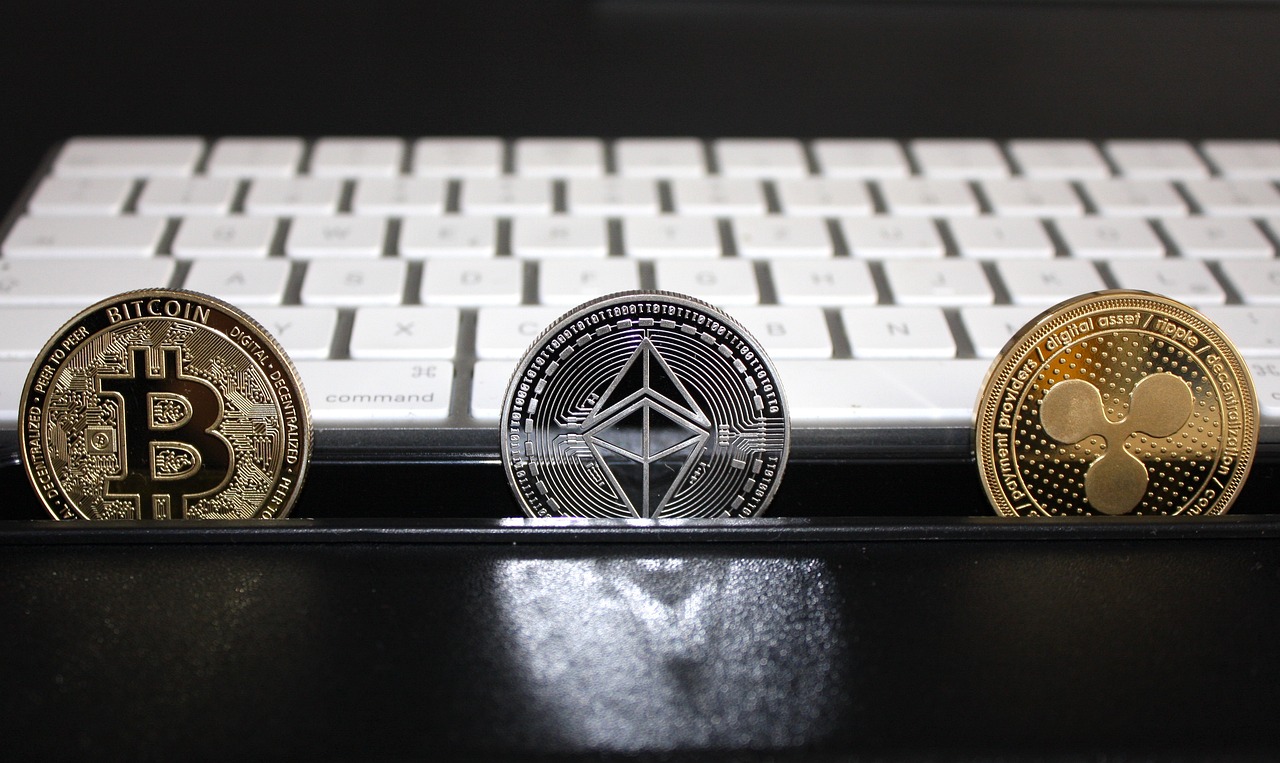What are the types of Smart Contracts Platforms?
Smart contract platforms are a kind of distributed ledger technology which allows the generation of e-contracts which are both secured and legally binding. Instead of relying on the manual performance or mediation of an agreement by a third party, these smart contracts embed terms and conditions into code stored securely on the blockchain – allowing for automated execution through trusted networks. Smart contracts offer confidence in accuracy and reliability as they are designed to execute transactions precisely as defined without external influence. Before we dive deep into Smart Contract, let’s test your crypto knowledge. Do you think Bitcoin has servers? Well, click the link to reveal the answer.
What are the various types of Smart Contract Platforms?
- Private Blockchain Platforms: These are permitted blockchains in which only trustworthy individuals can create as well as read the information on the platform. Businesses, organizations, or institutions frequently use this kind of platform to protect data like transactions or contracts inside a private network.
- Enterprise Solution Platforms: These platforms were created to offer business ways for companies which have particular needs in the fields of contract management and governance. They supply companies with supple and scalable solutions which can be incorporated with their current IT systems, allowing them to effectively and correctly track as well as control every aspect of their contracting pursuits.
- Public Blockchain Platforms: They are decentralized public blockchain systems which help individuals to develop as well as execute smart contracts on a worldwide shared ledger. They’re often permissionless, which means that anybody can join the network no matter their identity.
- Hybrid Blockchain Platform: These platforms combine the greatest characteristics of both private and public blockchains to make sure that everyone in an enterprise can have secured and open communications. These platforms offer superb performance as well as scalability while not compromising security or privacy.
- Protocol Platform: They are blockchain protocols which allow it to be easy to develop as well as run smart contracts in different blockchain networks. These platforms offer a setting for programmers to create programs which can make use of blockchains in an assortment of fields including finance, healthcare, supply chain management, and much more.
- Off-chain Solution Platforms: These platforms offer off-chain options for producing smart contracts without the usage of any blockchain technology. They utilize distributed computing methods which allow several people to see the very same contract without having to have copies maintained on each other’s computer system.
What is the price of smart contract platforms?
The price of smart contract applications could differ considerably depending on many variables, like the size as well as the scope of the project as well as the kind of platform you select. Usually, utilizing smart contracts on Ethereum involves a charge of ether (the cryptography utilized by Ethereum), however, there are additional expenses related to operating a smart contract- which ranges from gas expenses to storage costs.
Testing and developing your very own smart contract may cost you money straight away on many platforms for testing and development. Along with that, continuing maintenance costs might include security updates as well as bug fixes. The price of making use of a specific platform is going to in the end be based on the application type you develop, the complex nature of its codebase, plus some extra needs it might have to meet to make use of an existing blockchain system.
Who uses the smart contract platforms?
- Consumers: Smart contracts provide customers with the guarantee of safety as well as the anonymity they need. They may even make use of them to purchase services or goods.
- Investors: Individuals can utilize smart contracts to easily do business with tokens or even make decentralized fiscal programs such as mortgages as well as derivatives.
- Businesses: Smart contracts are utilized by businesses to automate as well as improve internal operations such as invoices, and supply chain management, along with other tasks.

